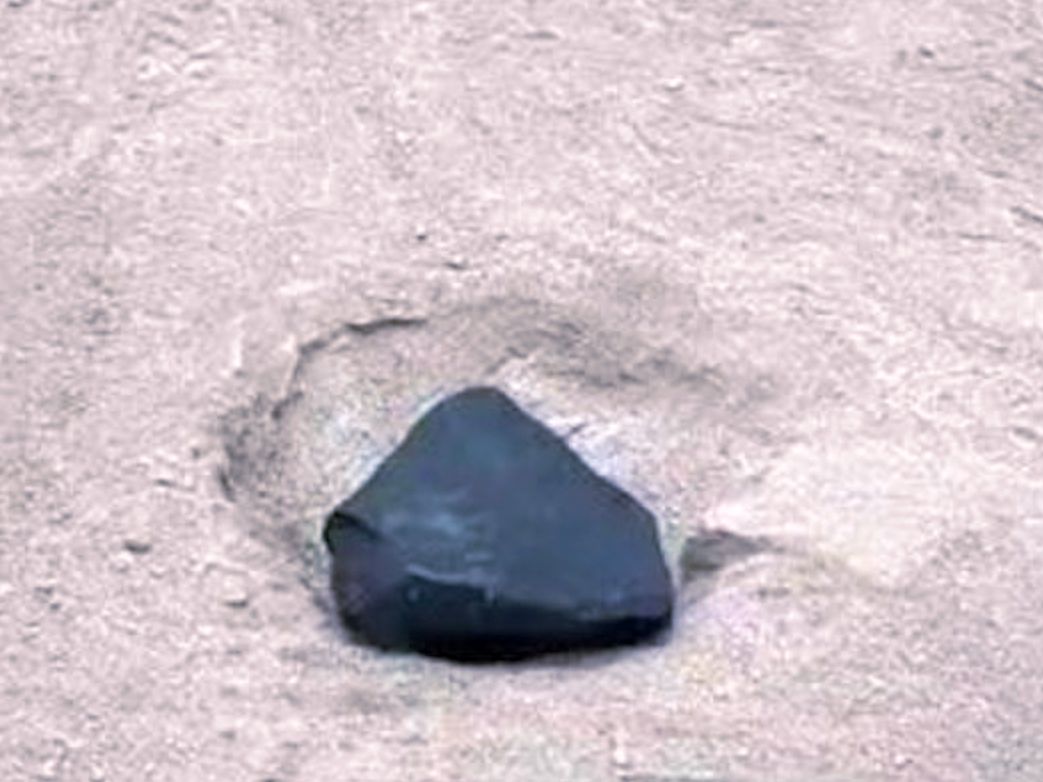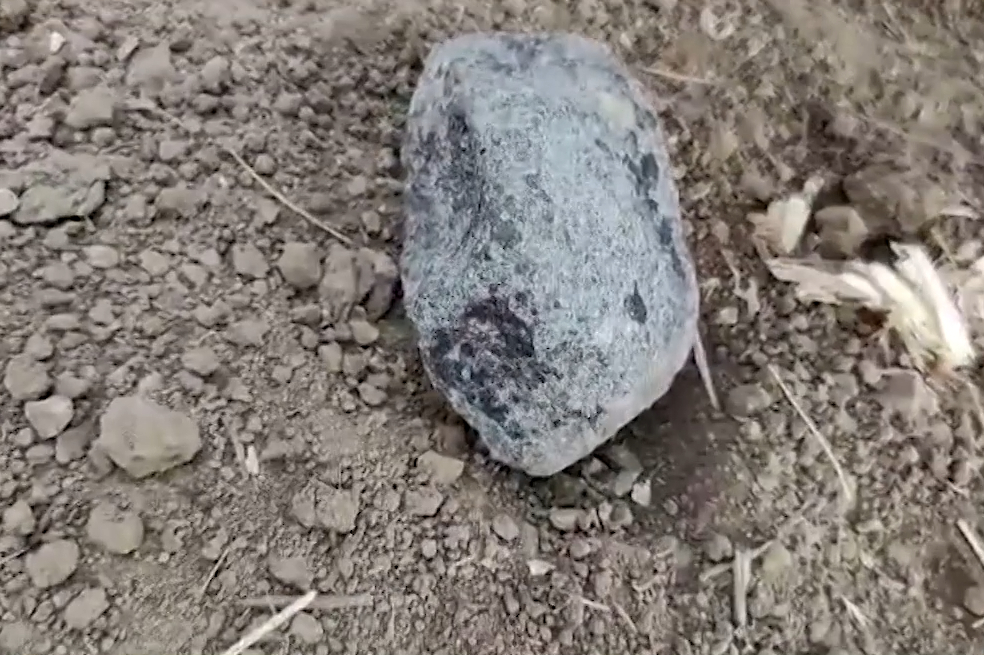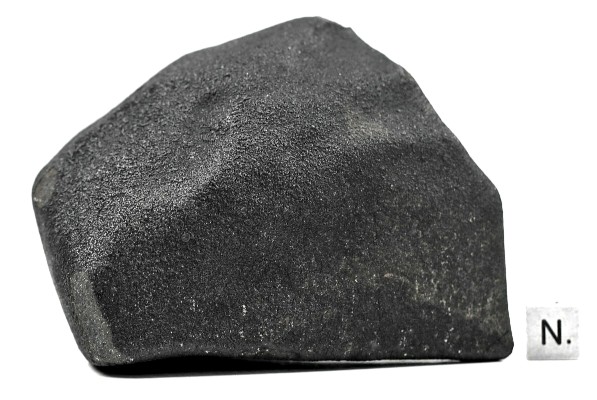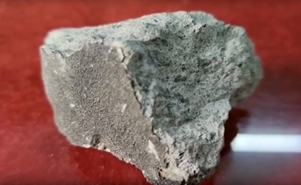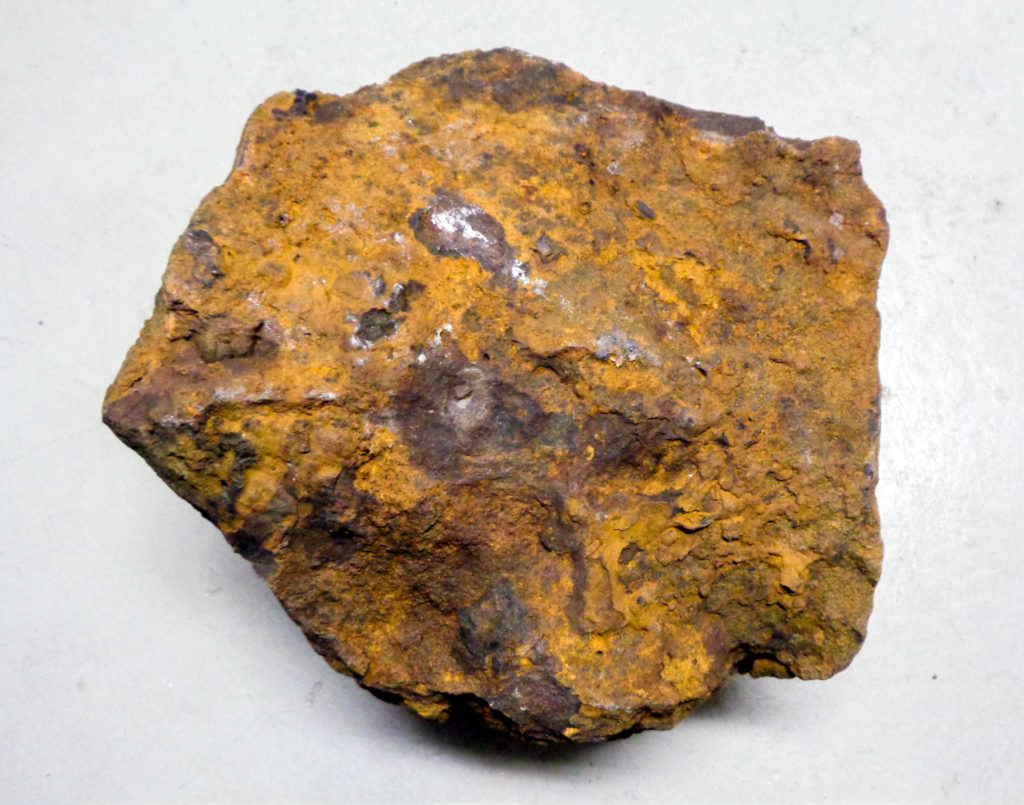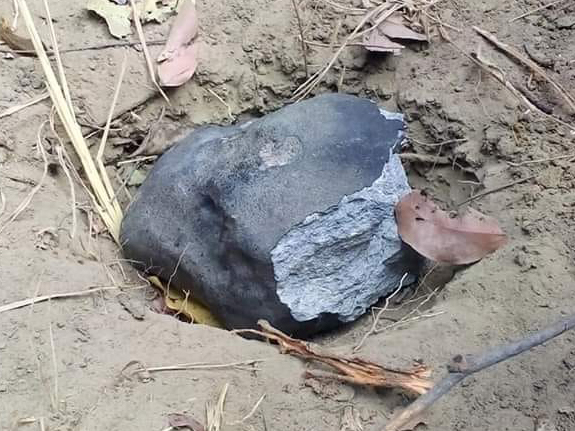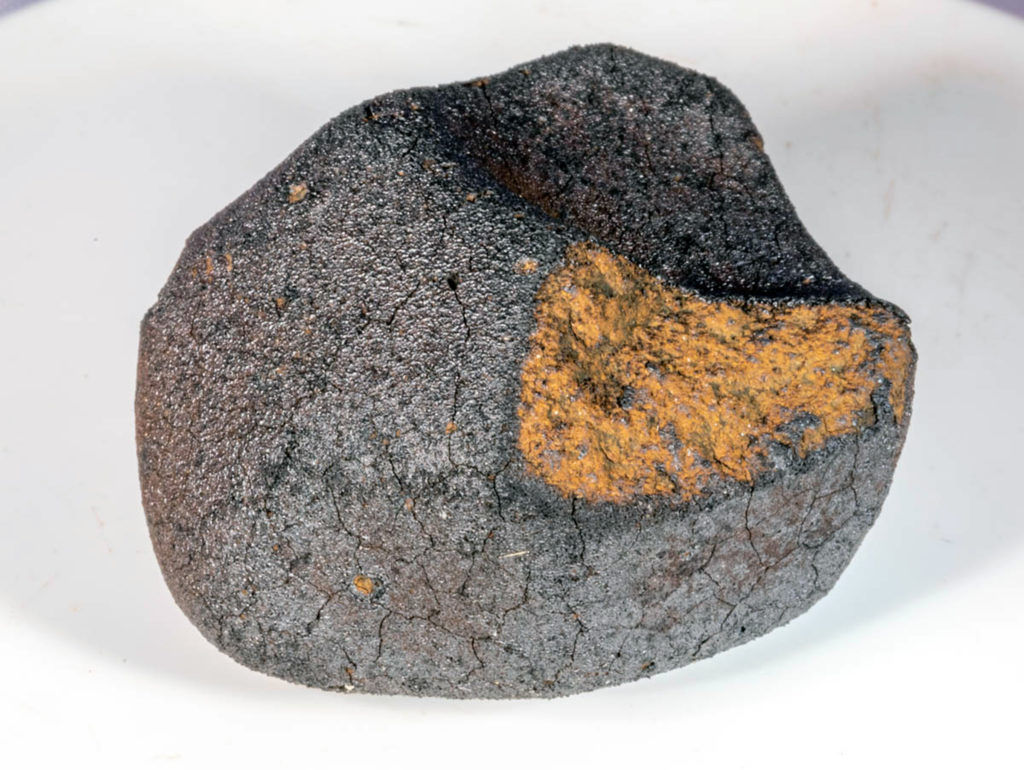Synchronising rock clocks of Mars’ history: Resolving the shergottite 40Ar/39Ar age paradoxOPEN ACCESS
Benjamin E. Cohen, Darren F. Mark, William S. Cassata, Lara M. Kalnins, Martin R. Lee, Caroline L. Smith, David L. Shuster
Earth and Planetary Science Letters
Volume 621, 1 November 2023, 118373
LINK (OPEN ACCESS)
PDF (OPEN ACCESS)
“Highlights
- Literature shergottite 40Ar/39Ar ages typically older than other chronometers.
- Led to suggestions of impact resetting or ‘parentless’ argon sources.
- In contrast, our 40Ar/39Ar analyses yield ages concordant with other chronometers.
- Accurate corrections are required for terrestrial and cosmogenic argon.
- Shergottite meteorites are from the youngest volcanoes on Mars.”
“The shergottites are the most abundant and diverse group of Martian meteorites and provide unique insights into the mafic volcanic and igneous history of Mars. Their ages, however, remain a source of debate. Different radioisotopic chronometers, including 40Ar/39Ar, have yielded discordant ages, leading to conflicting interpretations on whether the shergottites originate from young (mostly <700 Ma) or ancient (>4,000 Ma) Martian volcanoes. To address this issue, we have undertaken an 40Ar/39Ar investigation of seven shergottite meteorites utilizing an innovative approach to correcting data for cosmogenic isotope production and resolution of initial trapped components which, crucially, do not require assumptions concerning the sample’s geologic context. Our data yield statistically robust 40Ar/39Ar isochron ages ranging from 161 ± 9 Ma to 540 ± 63 Ma (2σ), synchronous with the U-Pb, Rb-Sr, and Sm-Nd ages for the respective meteorites. These data indicate that, despite experiencing shock metamorphism, the shergottites were sourced from the youngest volcanoes on Mars.”

